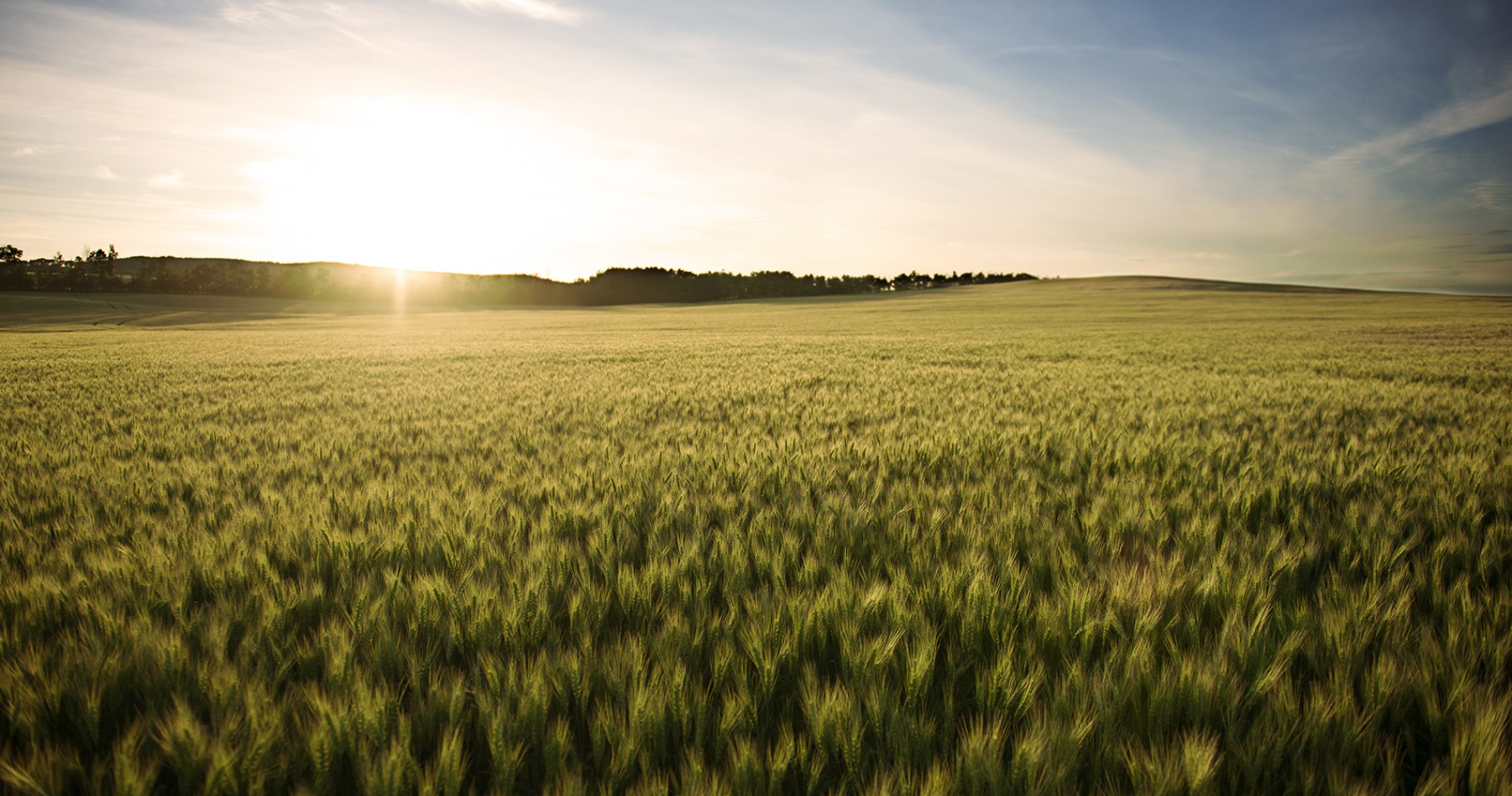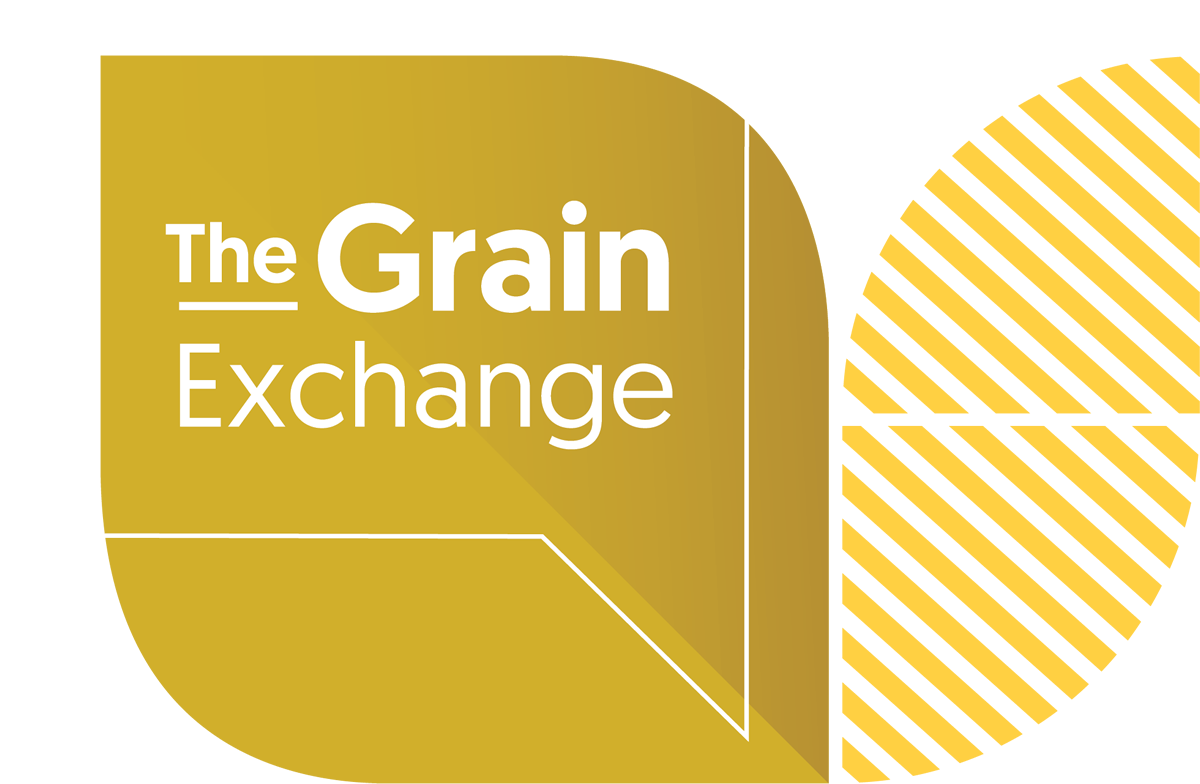Agricultural Plastics Recycling - A policy perspective
The agriculture sector is ahead of the curve when it comes to recycling industrial practices. Many products arrive on-farm in bulk without packaging or in reusable or recyclable packaging. “Farmers and the agricultural industry need to be congratulated for what they have already been doing” says Kim Timmer, manager of stakeholder relations with Cleanfarms, a stewardship organization representing companies who make agricultural products.
For many of the plastics that make it to farms in Alberta, the options for recycling have been limited, but the Alberta Agriculture Plastics Recycling Group (APRG) together with Cleanfarms aims to change that. A survey conducted by the group in 2019 showed that the majority of farmers in Alberta consider the ability to recycle agricultural plastics ‘very important’ and research conducted by Cleanfarms consistently shows that farmers want the best options to deal with plastic wastes.
It is no surprise then that since October 2019, the APRG’s Recycle It! Pilot program, funded by the Alberta Government, with 34 collection partners across the province has gathered over 1,500 tonnes of grain bags and baler twine. The three-year pilot seeks to provide a proof of concept that shows both buy-in from farmers and a steady market for the second life of these recycled goods. The pilot helped initiate the opening of Alberta’s second ag-plastics recycler. Alberta is now home to two of the three grain bag recycling facilities in North America.
Such programs lend well to a growing focus of government policy toward a circular economy as a key mechanism to reduce plastic waste. In 2020 the Government of Canada announced their comprehensive plan to move toward zero plastic waste by 2030, beginning with a ban on some single-use plastics that was slated to make its way into regulation in 2022. Federal, provincial and territorial governments agreed to the Canada-wide Strategy on Zero Plastic Waste that lays out a vision for a circular economy for plastics, and continued leadership from provinces and municipalities as leaders in the recovery and recycling of plastic waste.
At the end of November, the Alberta government tabled Bill 83, the Environmental Protection and Enhancement Amendment Act. Bill 83 will pave the way for an extended producer responsibility (EPR) framework to be introduced in the province in the spring of 2022. EPR policies are already in place throughout Canada and in the case of agricultural plastics put the onus on the manufacturer of plastic products and packaging (who are referred to as the producers in the context of EPR) to manage materials at their end of life. This shifts the cost of recycling programs from the municipalities and taxpayers to those who supply these products.
EPR policies encourage producers of plastics to design products that are reusable such as some pesticide and fertilizer containers that have replaced single-use containers. Once Alberta EPR legislation is applied to agricultural plastics, it will eventually expand the opportunities for recycling of more on-farm plastic products. The downside however, is that to cover recycling costs, this approach may come with an Environmental Handling Fee (EHF) levied on farmers at the point of sale.
Nonetheless, farmers like Dean Hubbard, director with the Alberta Wheat Commission and APRG member, see the value of these programs. “The impact for Alberta farmers is two-fold. We can operate our farms with less clutter, keeping both the outbuilding areas and land free of plastic materials, and we can contribute to a more sustainable, environmentally responsible farm operation for ourselves and our families. Recycling programs are a significant step in protecting the future of the ag sector.” Producers wanting further information on EPR can visit cleanfarms.ca.
While the current government-proposed bans on single use plastics don’t yet include agricultural single-use plastics such as grain and fertilizer bags, twine and netting, and bale and silage wrap, surely a vision toward zero plastic waste by 2030 will have implications on how goods received on farm are packaged and the pressure on farmers to recycle those products. Organizations like Cleanfarms have already been working hard to keep the agricultural industry ahead of the curve and will continue to work with plastic manufacturers and farmers alike to provide more recycling opportunities for farmers. Farmer participation in these programs is important and bodes well for the entire agricultural sector to stay ahead of regulation and further demonstrate the sustainability of the agricultural sector. Cleanfarms reminds us that “incoming policies are a good reminder to not be complacent. We can and should do better. Luckily, continuous improvement is ingrained in both the recycling and ag sector, so this is a natural fit.”
For more information, please visit cleanfarms.ca or aprg.ca.

